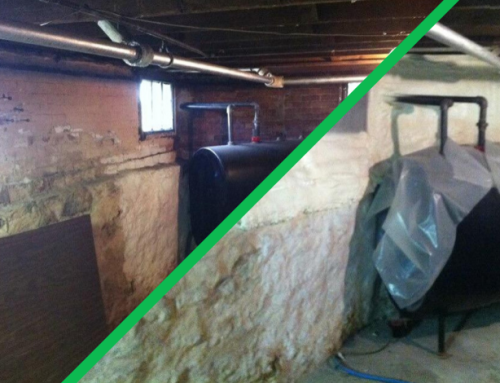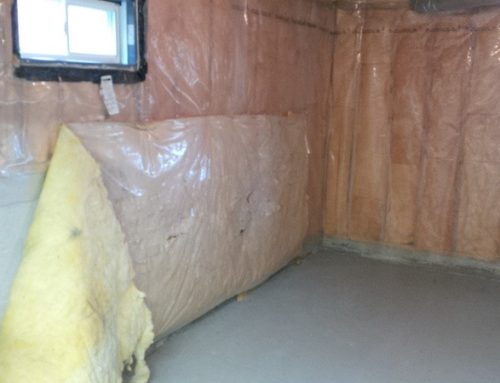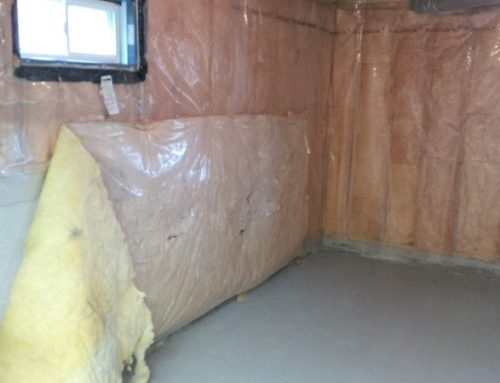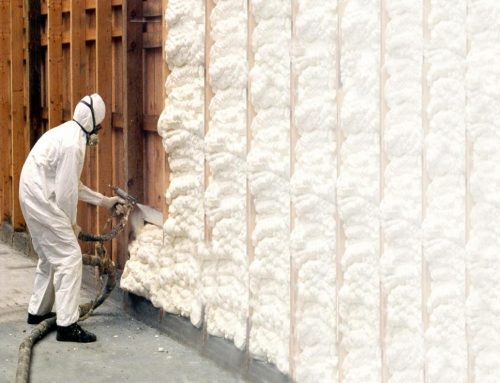When you work in the construction industry, you’ll undoubtedly hear about the study that revealed fiberglass insulation loses half of its R-value due to convection within the Insulation. It’s also possible that you’re a homeowner who’s been warned by an insulation contractor not to use fiberglass insulation in your home. Perhaps this is the first time you’ve heard of this topic, and the article you’re reading now is the first time you’ve heard of it.
You have probably heard about the blown-in Insulation service in Toronto, ON, famous for its insulation services of top quality. If you want to know why Attic Insulation loses its value over some time, you can find the answer in this article.
Types of Insulation in Toronto
Before you call the services of blown-in Insulation in Toronto, ON, have a look at the types of Insulation-
Fiberglass Insulation
Fiberglass insulation has become a popular choice among homeowners in recent decades, owing to its extended lifespan. Fiberglass insulation, if not damaged, can last up to 80 years before it needs to be replaced. However, the keyword here is “undamaged,” since fiberglass is sadly subject to degradation: after only 15-20 years, fibers can begin to peel off batts.
Cellulose Insulation
Cellulose insulation is one of the greatest options for home insulation in Toronto. It’s environmentally safe, long-lasting, and extremely effective in blocking air, earning top honors in professional fire tests. Cellulose insulation typically lasts 30-40 years and, like fiberglass, is susceptible to weather and pests. One advantage of cellulose is that it may be replenished to increase R-Values.
Spray Foam Insulation
Spray foam insulation is the newest insulating material on the market, and it has an astonishing lifespan: endless. Spray foam insulation that has not been exposed to water, bugs, or mold is inert and will last a lifetime. Spray foam is a good investment in your home since it provides outstanding air sealing, R-Values, and moisture protection. Along with this, you can call insulation contractors by searching for fireproofing spray near me.
How does Attic Insulation lose R-Value?
A variety of factors can dramatically influence the quality and efficacy of your home’s Insulation. Water damage is one of the most common causes of insulation breakdown. Insulation can degrade over time due to leaks in roofs or foundations, as the water breaks down the substance. Mold can form as a result of moisture from leaks, making Insulation less effective and potentially dangerous.
Just 15 to 20 years after installation, cellulose or fiberglass batt insulation tends to fall from ceilings or crawl spaces. The efficacy of your home’s Insulation might also be harmed by regular filth and dust. The R-Value of material is used to determine how efficient it is as Insulation. In other words, the higher the R-Value, the better the Insulation is in preventing heated or cooled air from escaping.




